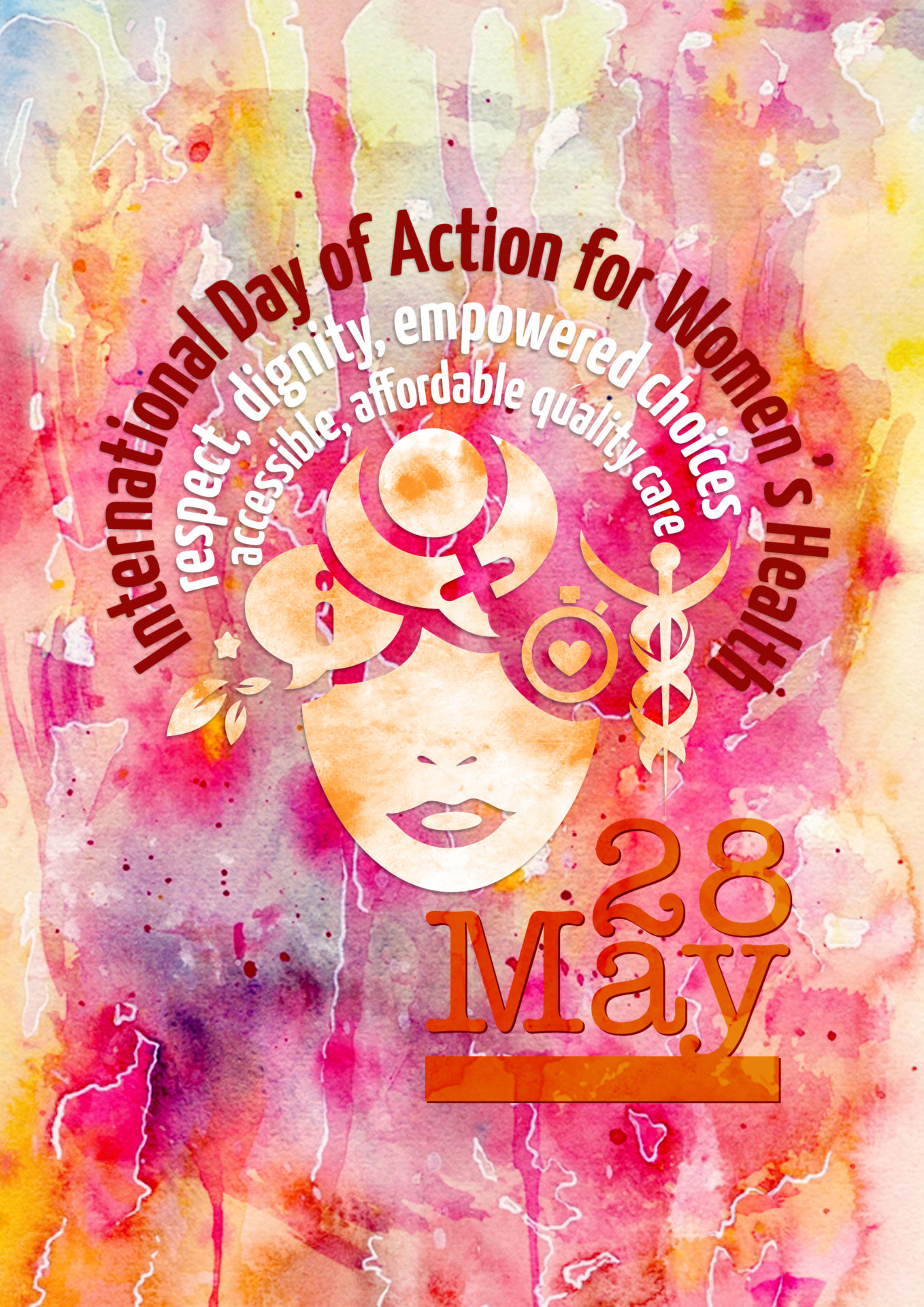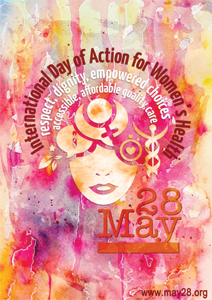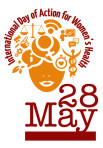Women’s and human rights’ groups remind government anew to ensure that women’s health is not deprioritized during pandemic
As of May 11, there are 46 individuals and organizations that signed on a statement expressing concern over the preventable maternal deaths that reflects how the government’s Covid-19 response has overlooked the availability and accessibility of quality life-saving reproductive health services. The statement calls on for clear mechanisms to ensure availability, accessibility, acceptability and quality of sexual and reproductive health information and services.







